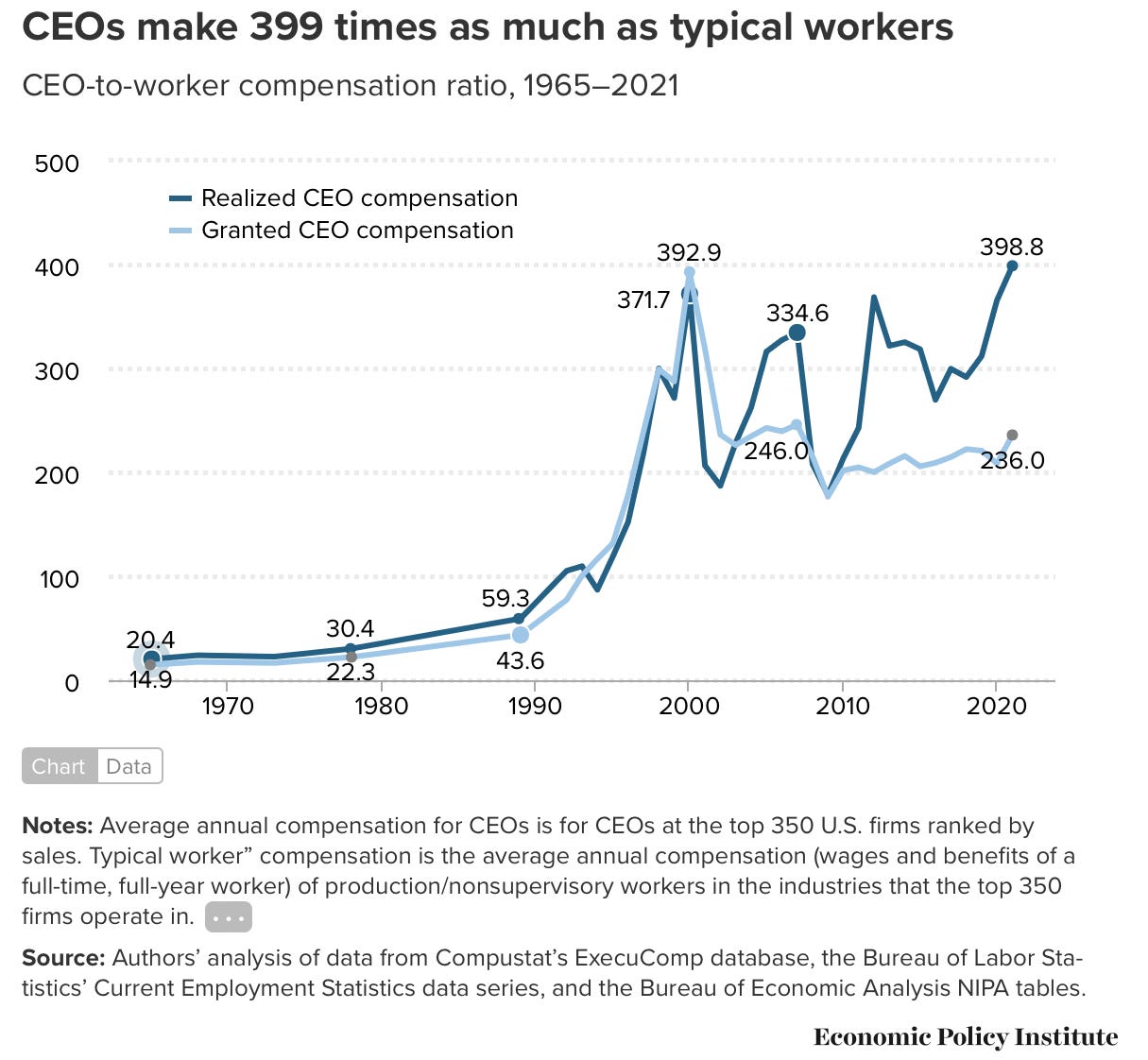Intent vs. Impact
I was wrong
I owe you an apology
As I reflect upon the historical facts surrounding the use of the word "slavery," I have come to an obvious yet profound realization. While the term "corporate slavery" was originally intended as a metaphor to highlight big corporations' injustices and unethical aspects today, it is clear that "slavery" should not be used so cavalierly. It's historical weight and associated atrocities demand a more respectful and accurate usage.
The institution of slavery is deeply rooted in our history, representing one of the most egregious and dehumanizing forms of exploitation. Slavery involves the forced labor, bondage, and inhumane treatment of millions of individuals devoid of basic human rights. It is a system built upon cruelty, where people are mere property, lacking autonomy, dignity, and freedom. Equating corporate life's challenges and problems to this dark chapter of history undermines the gravity and suffering endured by enslaved people.
Having said this, it is crucial to recognize and address the egregious and systemic issues within corporate life today. One glaring example is the vast disparity between CEO and worker pay. The compensation of top executives has skyrocketed 1,460% since 1978. CEOs were paid 399 times as much as a typical worker in recent decades while the wages of average workers have stagnated. Amazon had the biggest CEO-to-worker pay ratio by a mile: 6,474 to 1. This stark income inequality raises concerns about fairness and economic justice within the corporate world.
Another problematic aspect is the erosion of loyalty from the employer's side, which often leads to a reciprocal decline in employee loyalty. In the pursuit of profits and shareholder value, some corporations prioritize short-term gains over long-term relationships with their workforce. This lack of loyalty can result in reduced job security and a sense of disposability among employees. Such dynamics undermine the mutual trust and commitment that should ideally exist between employers and their workers.
Growing and learning
Despite overwhelming challenges, it is important to acknowledge that being part of a large corporation also offers certain benefits. Stability is advantageous, as larger companies have more resources and financial security, providing greater job stability than smaller enterprises. Additionally, many corporations offer employees various benefits such as health insurance, retirement plans, and other perks that can contribute to overall well-being.
Furthermore, large corporations often provide opportunities for lateral mobility, allowing employees to explore different roles and departments within the organization. Mobility can benefit personal and professional growth, enabling individuals to expand their skill sets and broaden their horizons without changing employers. Bitches, I'm not a CEO, but I cannot deny the benefits that I've received in being a part of corporate life for 30+ years.
Addressing the problems within corporate life today is essential; however, it's critical to refrain from "corporate slavery" to describe these issues. Moving forward, I will approach the subject with nuance and accuracy, recognizing the historical weight and implications of the term "slavery" and discontinuing its use of the word alongside "corporate." I will continue to work towards creating a more just and inclusive corporate environment that respects the dignity and rights of all individuals involved.

